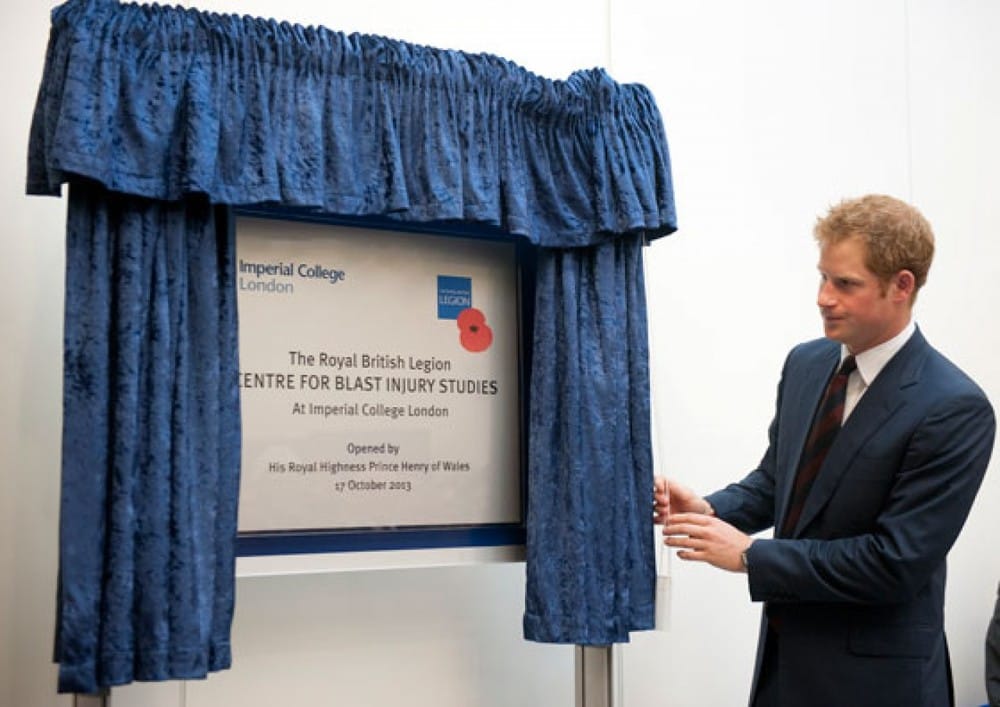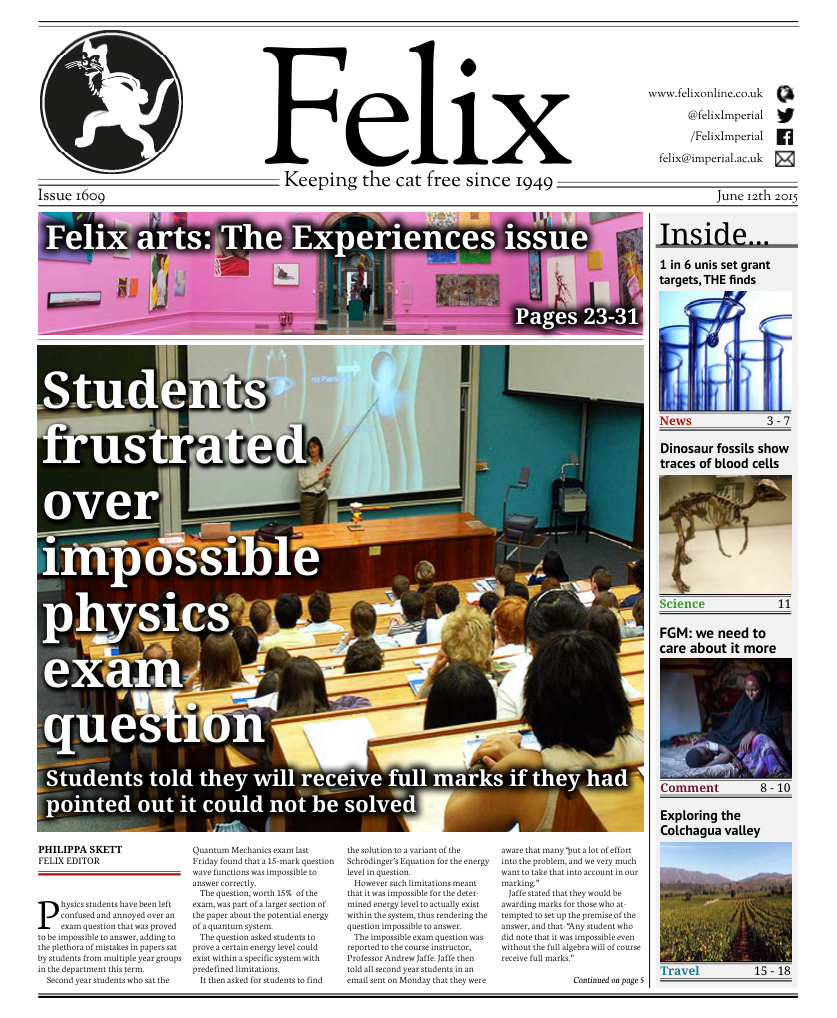Imperial centre identifies high cost of care for Afghanistan veterans
Philip Kent reports on the findings from the Royal British Centre for Blast Injury Studies

Researchers at the Royal British Legion Centre for Blast Injury Studies have valued the cost of caring for members of the armed forces serving in Afghanistan who have lost limbs at just under £290 million.
When broken down, it cost £1.16 million per person to treat soldiers who required an above-the-knee amputation, while those who required a below-the-knee amputation required care worth £870,000 per person.
Their findings have been published in the journal Clinical Orthopaedics and Related Research. This cost includes rehabilitation fees and trauma care, as well as prosthetic limbs.
The centre, which is located at Imperial College London, raised concern over the cost, which they say may be underestimated because of the potential need to replace prosthetics in the future, as well as other illnesses (both experienced by all citizens) as well as injuries specific to bomb-related injuries.
The Royal British Legion also felt that the cost of care has been underestimated up until now.
However, the researchers hope that the study will help in planning for the costs of care in the longer term. Additionally, avenues for future research into the long-term effects of blast injuries have been identified.
This study has been praised by Sue Freeth, the Director of Operations at the Royal British Legion.
She said, “This is the first attempt we know of to publish an independent estimate of the lifetime healthcare cost of the British service personnel seriously injured by IEDs [improvised explosive devices] in Afghanistan.
“This paper should alert health commissioners to the scale of the problem, and help them to plan ahead to meet the lifetime health care needs of this generation.”
The Royal British Legion Centre for Blast Injury Studies was opened by Prince Harry in 2013. The centre is the first in the United Kingdom where civilian researchers work with military doctors.
The centre performs research into possible methods of reducing the effects of bomb injuries, such as those caused by IEDs.










